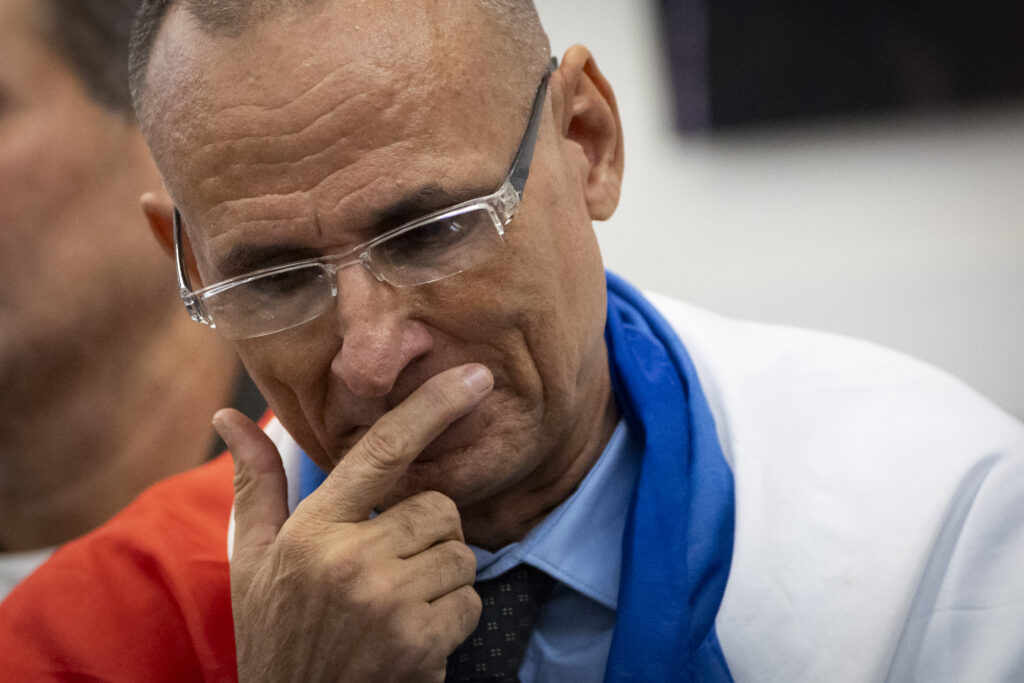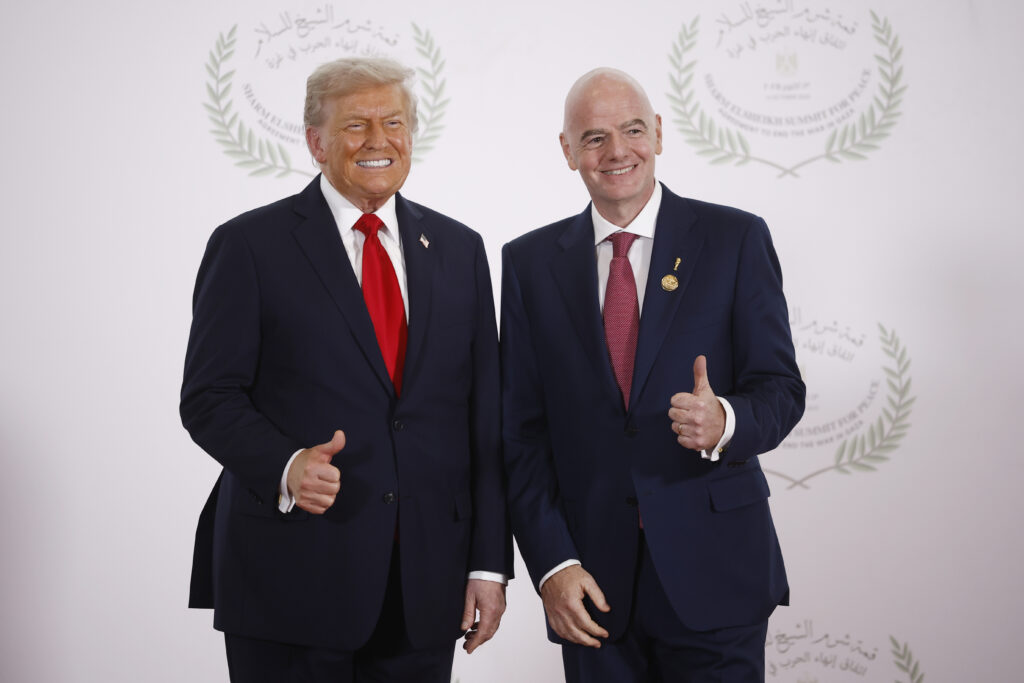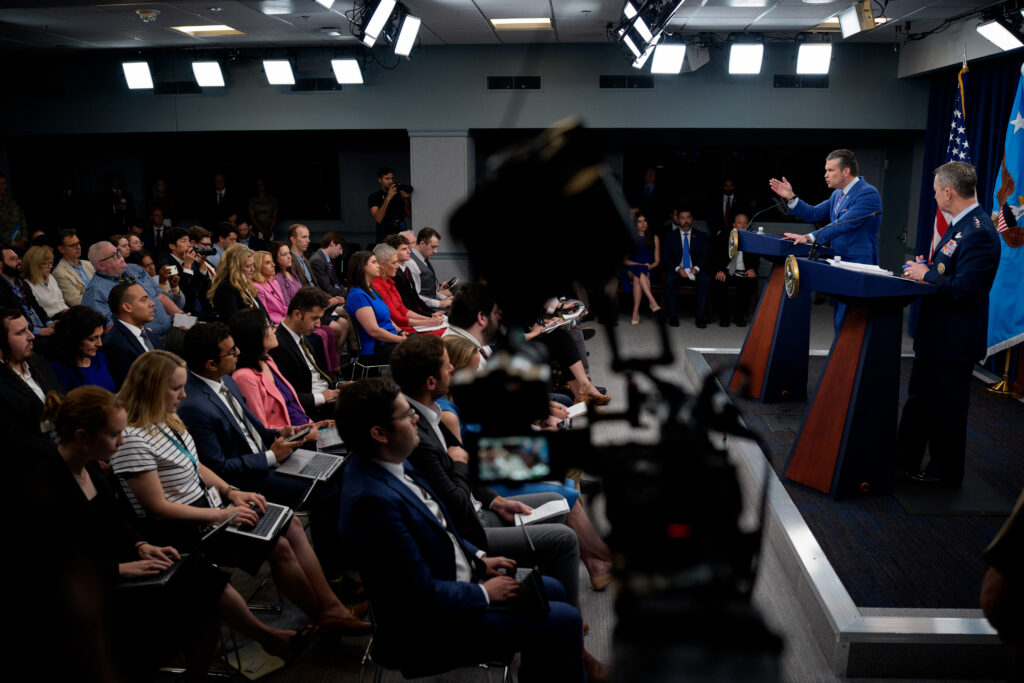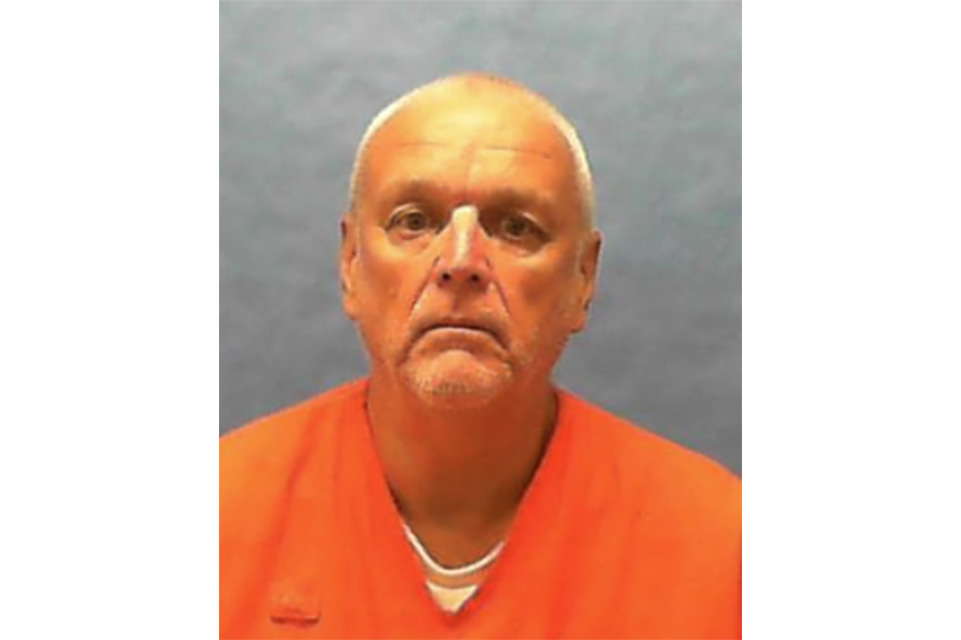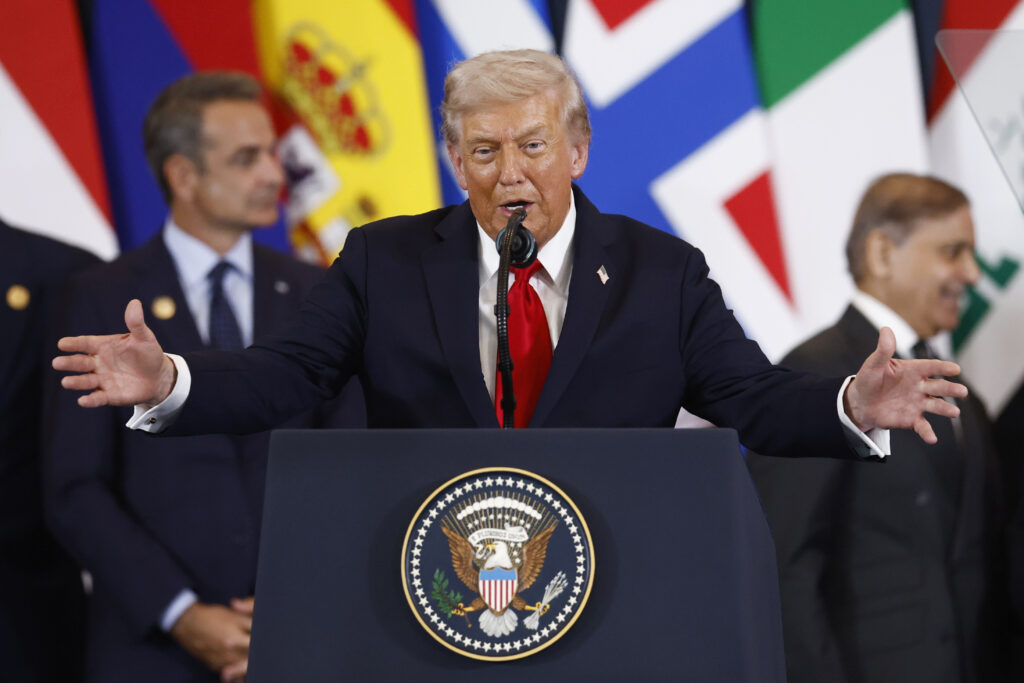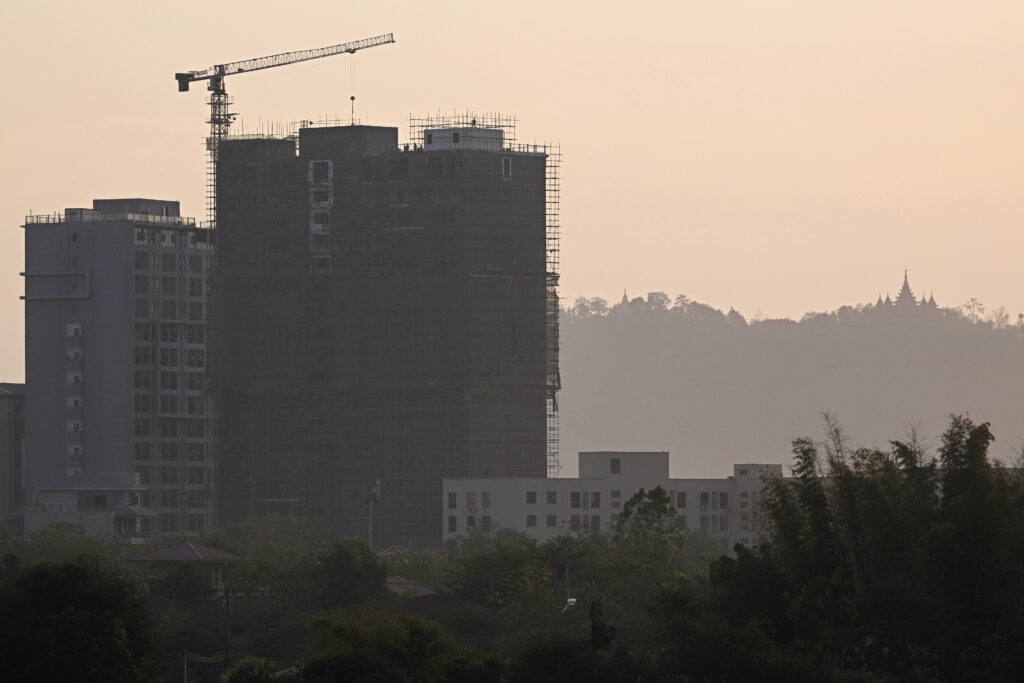Cuban opposition hobbled by leading dissident’s exile
Cuba’s opposition, browbeaten by the communist government, has been further weakened by the US exile of dissident figurehead Jose Daniel Ferrer, colleagues and analysts say.After refusing for years to leave the one-party state despite repeated imprisonment, Ferrer finally yielded and boarded a flight for Miami on Monday. He was released from prison — where he said he had been tortured — at Washington’s request, according to Havana.”Even in prison, he (Ferrer) was an inspiration. Now that inspiration is gone,” fellow dissident Martha Beatriz Roque, 80, told AFP.Ferrer’s exile, she added, “has left the Cuban opposition without a leader.”The 55-year-old founder of the Patriotic Union of Cuba (UNPACU) has for years been the face of the fight for democracy in the Caribbean nation where opposition politics is illegal and the act of protest has seen hundreds locked up.Ferrer himself has been repeatedly imprisoned, most recently in April after a brief period of freedom under a landmark deal struck with Washington that saw Cuba removed from a list of terrorism sponsors.He was sent back to jail after Donald Trump took office and returned Cuba to the list.During his brief spell of freedom, Ferrer defied the authorities by criticizing Cuba’s leadership on social media, setting up a soup kitchen funded by exiled Cubans at his home, and meeting the head of the US diplomatic mission.Upon his arrival in Miami, a US stronghold of Cuban anti-communist sentiment, Ferrer — dubbed a “mercenary” of the United States by Havana — vowed to “keep up the fight.””But fighting from the outside is not the same as fighting from the inside,” said Roque, who was arrested with Ferrer and 73 other dissidents during a wave of political repression in 2003 known as Cuba’s “Black Spring.”She is still in Cuba.- ‘Move beyond protest’ -Observers say Ferrer’s departure has robbed Cuba’s already fractured opposition of its most prominent and unifying figure.In a letter announcing his pending exile, Ferrer said he had lost faith in some of his comrades because of their “disunity, dogmatic nature and lack of effectiveness.”Analyst Roberto Veiga of the Inter-American Dialogue think tank told AFP there was “a deficit of real political weight” in the Cuban opposition, with little “capacity to implement solid and realistic strategies.” Cuban dissident Manuel Cuesta agreed the opposition has been unable to capitalize on widespread public discontent and “move beyond protest” to real change in a country also battling a historic economic downturn and mass emigration.Standing up to the government in Havana is not easy: dissidents and protesters are regularly detained, harassed, or, like Ferrer, pressured to leave the country.After historic protests in 2021 — the biggest since Fidel Castro’s 1959 revolution that overthrew a US-backed dictator and paved the way for communist rule — hundreds of people including Ferrer were locked up.Rapper Maykel Castillo is serving a nine-year prison sentence, while performance artist Luis Manuel Otero Alcantara received five years, both on “contempt” charges for criticizing the government through their art.Rights groups view them as “political prisoners.”Other dissenters such as playwright Yunior Garcia and visual artist Tania Bruguera opted for exile under government pressure.If ever Cuba’s opposition needed strong leadership, it is now, said Veiga.”If the political time for change runs out, the island could become entrenched” in its political and economic crisis, he added.
